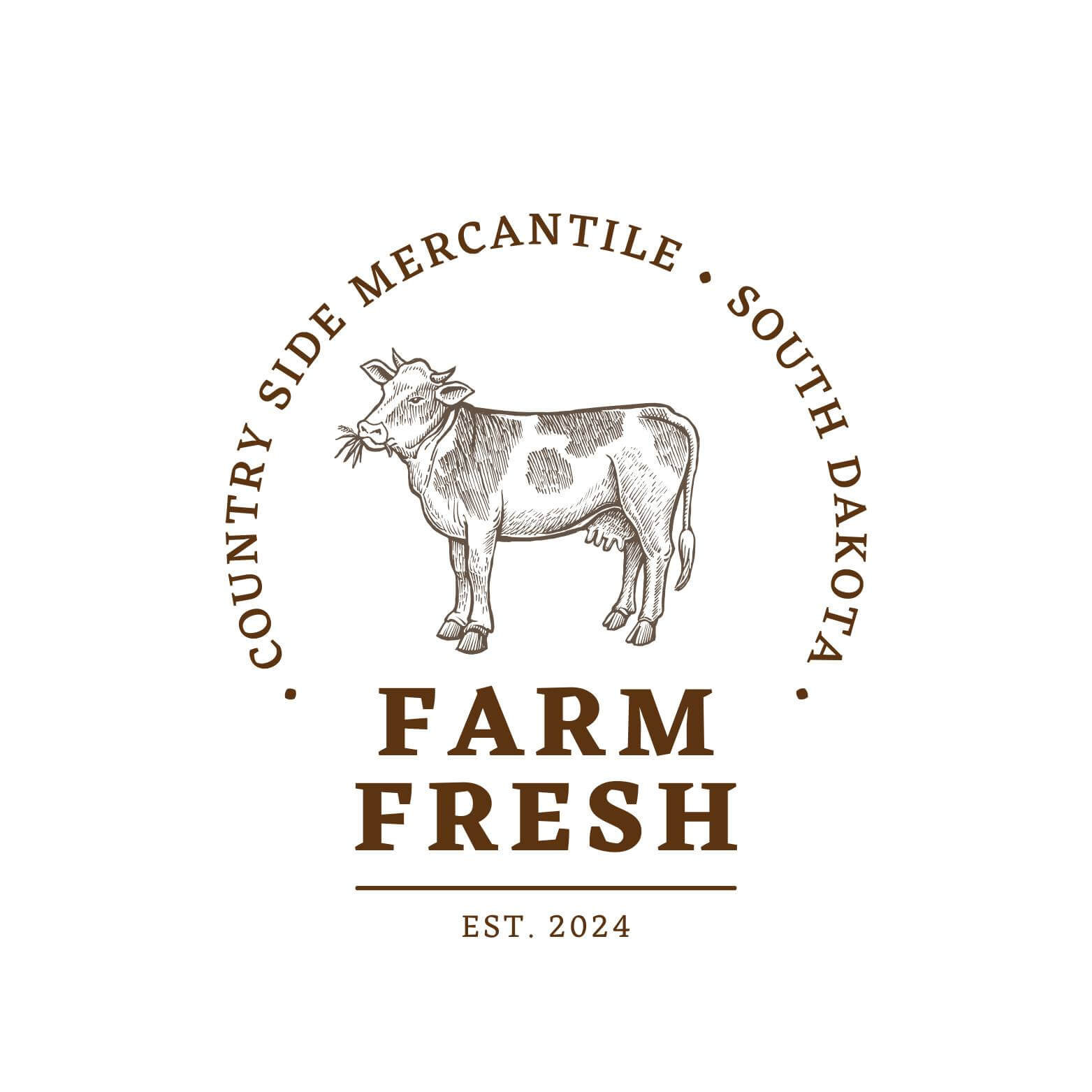Why Raw Milk
posted on
July 15, 2025
Why Raw Milk
As far back as 8,000 plus years ago, humans began domesticating animals like cows, goats, and sheep for milk. At that time, milk was always consumed raw since pasteurization didn’t exist. In early societies such as Mesopotamia, Egypt, and India, raw milk was considered a sacred and nourishing food.
In some early traditional practices, to preserve milk naturally, people used fermentation such as turning milk into yogurt, keifer or cheese. Using these methods helped reduce the risks of pathogens while maintaining beneficial bacteria.
During the Industrial Revolution (1800’s), urbanization brought cows into cities to meet demand. However, during this time, sanitary conditions worsened, cows were kept in unsanitary, crowded conditions near distilleries and fed on spent grain. Unfortunately, raw milk from these “swill dairies” was often contaminated, leading to widespread illness and child mortality.
In the early 1900’s, pasteurization of milk began as a public health measure. From the 1940’s-1980’s the U.S. laws increasingly restricted raw milk sales due to food safety concerns. Due to this, pasteurized milk became the norm; raw milk became niche or outlawed in many areas.
Now, in the 21st century, interest has re surged among natural health advocates, homesteaders, and food freedom supporters.
Why Choose Raw Milk?
Raw milk is valued for its natural enzymes, like lactase, which can help some people digest lactose more easily than pasteurized milk. It also contains beneficial probiotics that support gut health and strengthen the immune system when handled properly.
Because it isn’t heat-treated, raw milk retains more of its natural vitamins and minerals—including B12, vitamin C, calcium, and phosphorus. Its healthy fats remain unaltered, offering omega-3s, CLA, and fat-soluble vitamins like A, D, E, and K.
Raw milk is also free from synthetic additives and processing methods like homogenization or added preservatives. It typically comes from small, local farms that emphasize ethical animal care and regenerative, pasture-based practices.
Many people also prefer raw milk for its rich, creamy texture and fresh taste, which sets it apart from standard store-bought milk.
Countryside Mercantile is a state inspected raw milk business. Our raw milk is produced under regular inspection and compliance with state regulations, so you can feel confident in its safety and quality.



